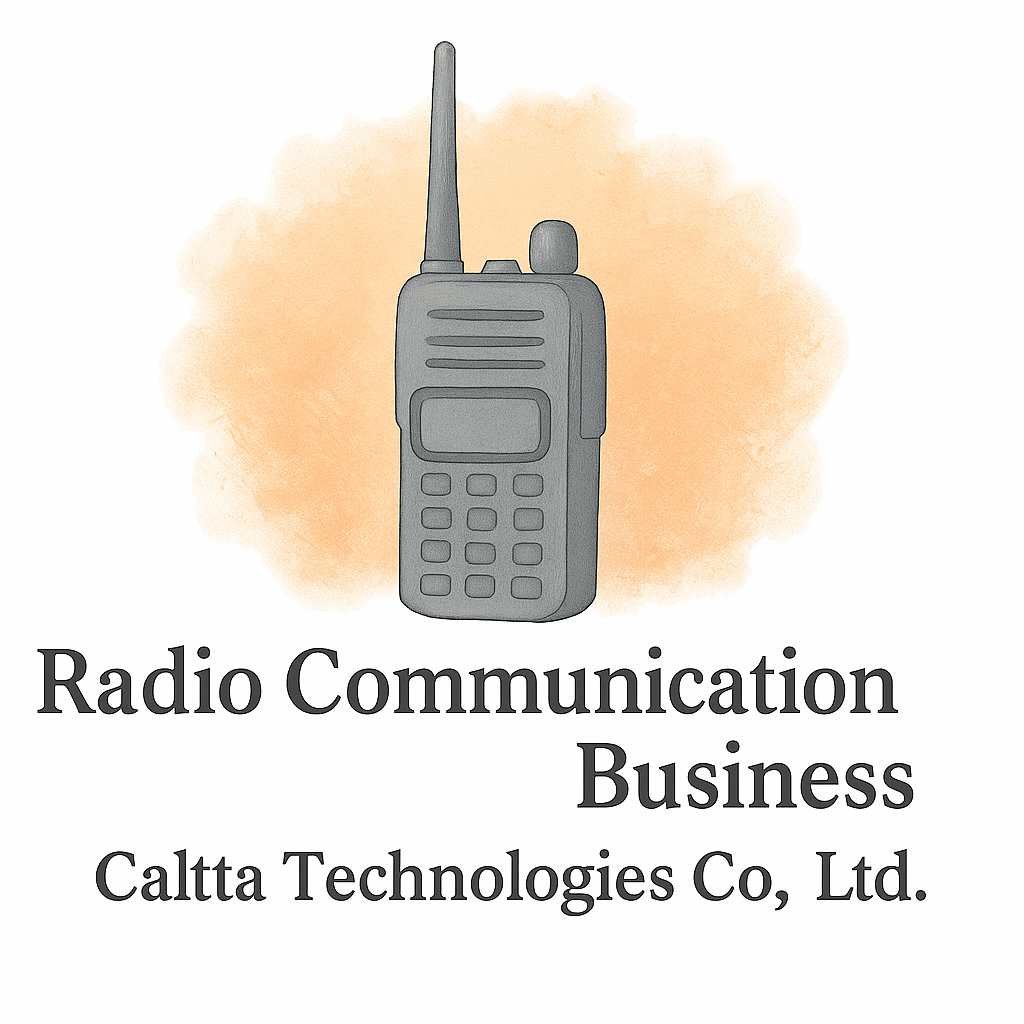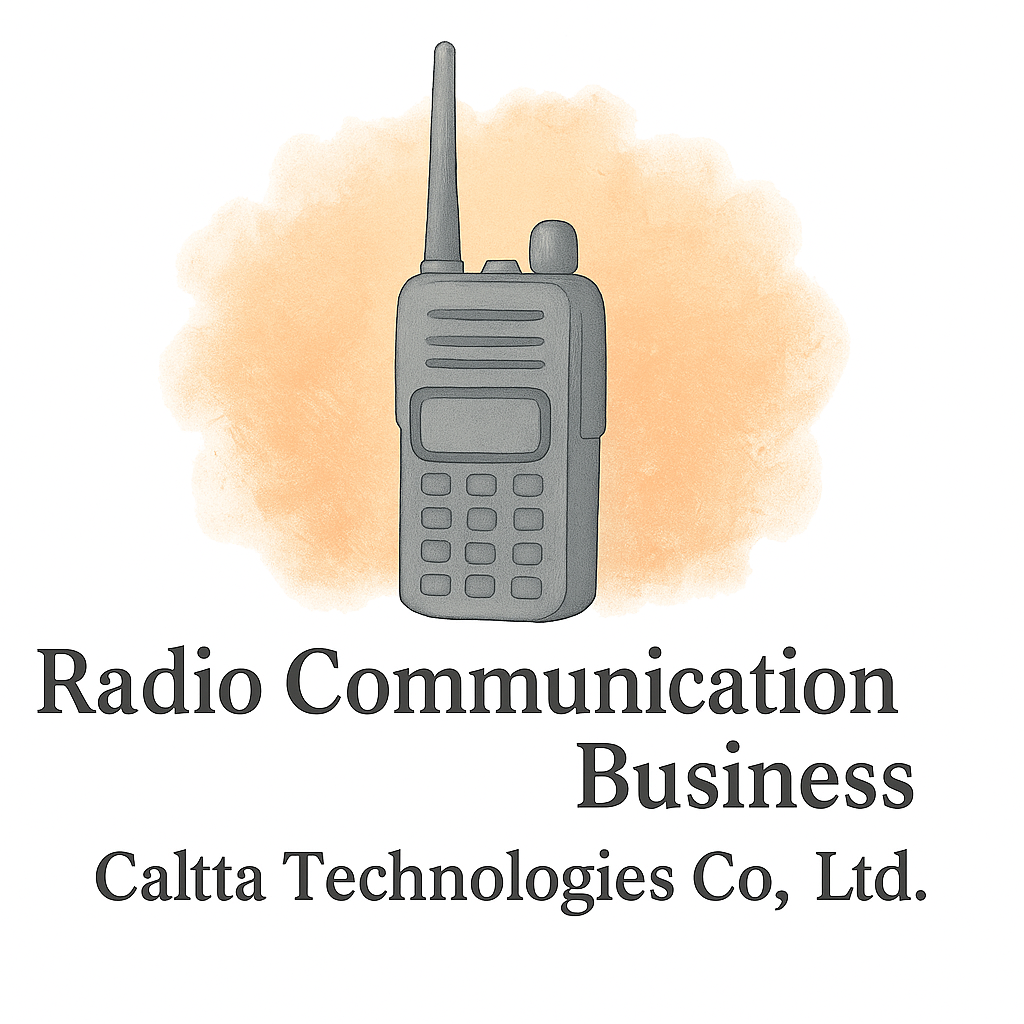Introduction
Thinking about launching a radio communication business? Or maybe you’re already knee-deep in setting one up? Either way, one thing is for sure—you need to get licensed. Period.
Radio communication is heavily regulated across the globe, and if you’re transmitting signals without permission, you’re not just playing with fire—you’re lighting the match in a room full of gasoline. This article covers 10 essential licensing agencies that keep the airwaves in check and ensure your business stays on the right side of the law.
Why Licensing Matters in Radio Communication
Legal Compliance
Running a business without proper licensing is like building a house on sand. Eventually, it’s going to collapse—probably with a hefty fine. Licensing ensures you operate within your country’s legal framework.
Avoiding Heavy Penalties
Unlicensed broadcasting can result in criminal charges, massive fines, and the shutdown of your operations. Not fun.
Enhancing Professional Credibility
Having the correct licenses builds trust. Whether you’re pitching a deal, attending an industry event, or networking with big players, your credibility depends on your compliance.
What is a Licensing Agency?
A licensing agency is a government-backed or regulated body responsible for allocating frequencies, issuing communication licenses, and monitoring compliance. These agencies often offer guidance, compliance resources, and renewal services.
Top 10 Licensing Agencies for Radio Communication Businesses
Let’s explore the big players worldwide:
1. Federal Communications Commission (FCC) – USA
Key Features
- Manages all non-federal radio spectrum in the United States.
- Covers everything from amateur radio to commercial broadcasting.
- Offers different license classes for varying levels of operation.
Application Process
- Apply via the FCC Universal Licensing System (ULS).
- Requires technical specifications and intended use.
- Application fees vary based on service class.
Related: Business Startup Basics
2. Ofcom – United Kingdom
Key Features
- Oversees all wireless telecommunication regulation in the UK.
- Offers short and long-term spectrum licenses.
Application Process
- Applications can be made online through Ofcom’s website.
- Must provide detailed technical and geographical data.
Tip: Check out this cost-saving guide to budgeting your setup.
3. ACMA – Australia
Key Features
- Covers land mobile, satellite, and maritime communications.
- Provides both apparatus and class licenses.
Application Process
- Fill out online forms via the ACMA website.
- You’ll need to consult the Australian Radiofrequency Spectrum Plan.

4. ISED – Canada
Key Features
- Manages commercial radio, amateur radio, and satellite communications.
- Also oversees technical standards for equipment.
Application Process
- Apply through the Spectrum Management System.
- Frequency coordination may be required depending on your location.
5. BNetzA – Germany
Key Features
- Regulates telecommunications and media, including radio spectrum.
- Requires strict technical adherence.
Application Process
- Applications must be in German and submitted with supporting documents.
- Coordination with EU regulations is a must.
Planning to expand? Visit our Equipment & Technology hub for scalable solutions.
6. ANFR – France
Key Features
- Manages radio frequency spectrum and assigns callsigns.
- Enforces strict limits to avoid interference.
Application Process
- Register online and submit a technical description.
- Wait times range from a few weeks to months.
7. TRAI – India
Key Features
- Regulates all telecom services, including radio broadcasting.
- Works with WPC (Wireless Planning & Coordination) for licenses.
Application Process
- Apply through the National Frequency Allocation Plan (NFAP).
- Heavy documentation and procedural delays—start early!
Avoid delays and legal hiccups with our compliance guide.
8. MIC – Japan
Key Features
- Oversees digital communication and amateur radio.
- Emphasizes spectrum efficiency.
Application Process
- License requests go through regional communication bureaus.
- Applications must include Japanese translations.
9. ICASA – South Africa
Key Features
- Handles broadcasting, radio, and telecom regulation.
- Encourages innovation while maintaining tight controls.
Application Process
- Applications involve public comment periods.
- Can take 3-6 months for approval.
Learn how startups like yours thrive in regulated industries in our Industry Insights section.
10. NCC – Nigeria
Key Features
- Supports rapid expansion of radio services in urban and rural areas.
- Offers commercial and private use licenses.
Application Process
- Apply online or at regional offices.
- May require local incorporation of your business.
Things to Consider When Choosing a Licensing Agency
Regional Jurisdiction
Only apply to the agency operating in your region. Cross-border radio communication without bilateral agreements is a fast track to legal trouble.
Cost of Licensing
Licensing costs vary widely—from a few hundred dollars to thousands. Budget planning is key.
Licensing Categories
Choose the correct category (commercial, amateur, emergency services, etc.) to avoid unnecessary complications later.
Staying Updated with Regulations
Importance of Regular Audits
Conduct regular compliance audits to keep your licenses current and avoid unexpected fines.
Leveraging Industry Insights
Keep an eye on industry changes and use platforms like Caltta International to stay informed.
Tools to Help Manage Licensing
- License Management Software
- Automated Renewal Alerts
- Regulatory Compliance Platforms
These tools can help streamline communication with agencies and ensure nothing slips through the cracks.
Check out our favorite tools that make licensing hassle-free.
Common Mistakes to Avoid
- Ignoring Renewal Dates
- Choosing the Wrong Frequency Band
- Incomplete Applications
- Neglecting Local Regulations
- Assuming One License Covers All Locations
Want more tips? We’ve got you covered.
Conclusion
Licensing may sound like the least exciting part of running a radio communication business, but it’s absolutely vital. From legal protection to long-term growth, getting it right from the start can save you a ton of headaches down the line. Whether you’re just setting up or expanding into new territories, knowing these 10 key licensing agencies will keep your business tuned into success.
For more help with business setup, compliance, and promotion, visit Caltta International. We’re all about making complex things simple.
FAQs
1. What happens if I operate without a radio license?
You could face fines, criminal charges, or even jail time depending on your jurisdiction.
2. How long does it take to get a radio license?
Anywhere from a few days to several months depending on the agency and region.
3. Do I need a separate license for each country I operate in?
Yes. Each country has its own regulations and licensing requirements.
4. Are there any international licenses available?
Some global services work under international treaties, but most businesses need national approval.
5. How often do I need to renew my license?
Most licenses are valid for 1-5 years. Renewal schedules vary by agency.
6. Can I transfer my radio license to another person or business?
Some agencies allow it, some don’t. Always check with the specific agency.
7. Where can I get more tips on radio business marketing?
Check out our marketing and branding section for top strategies that work in 2025.


